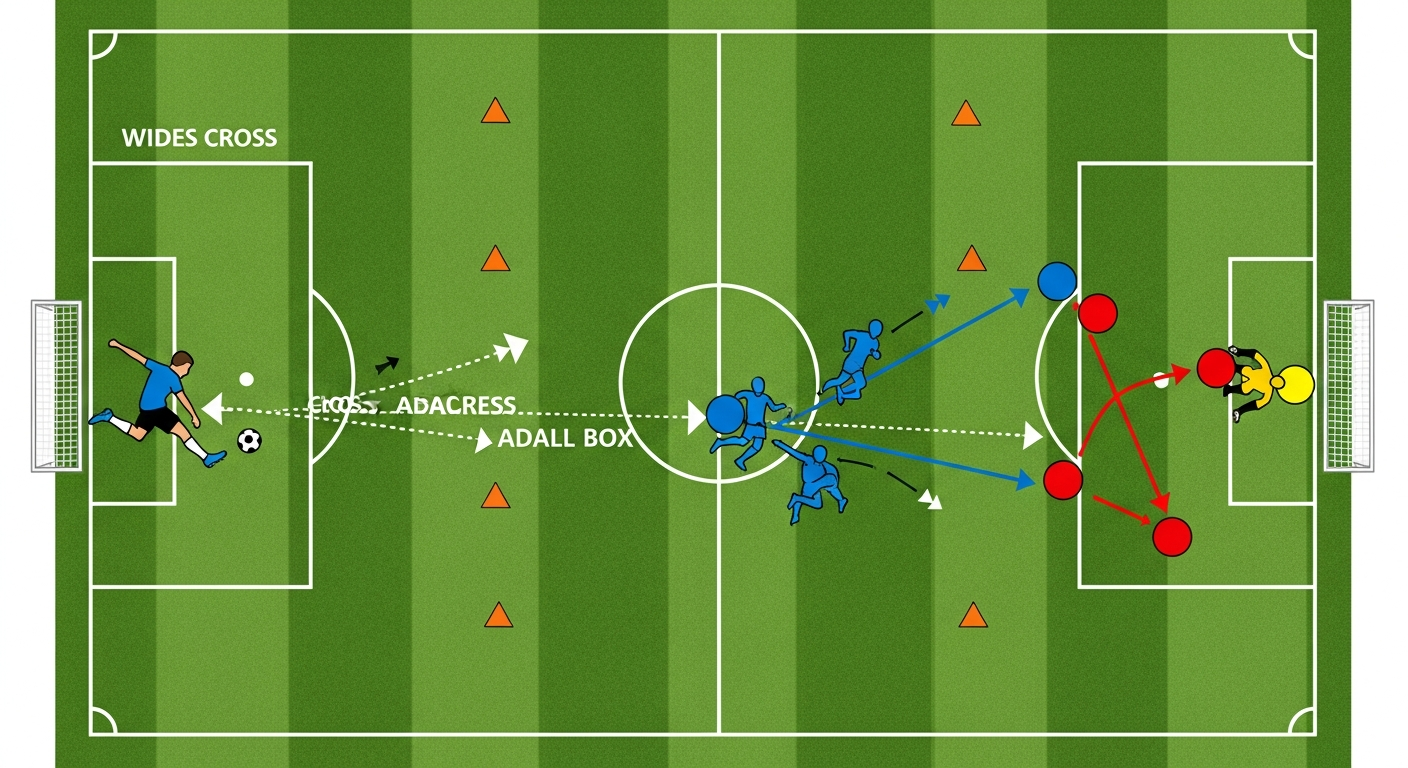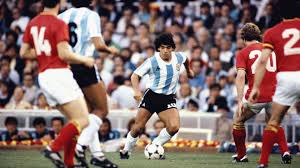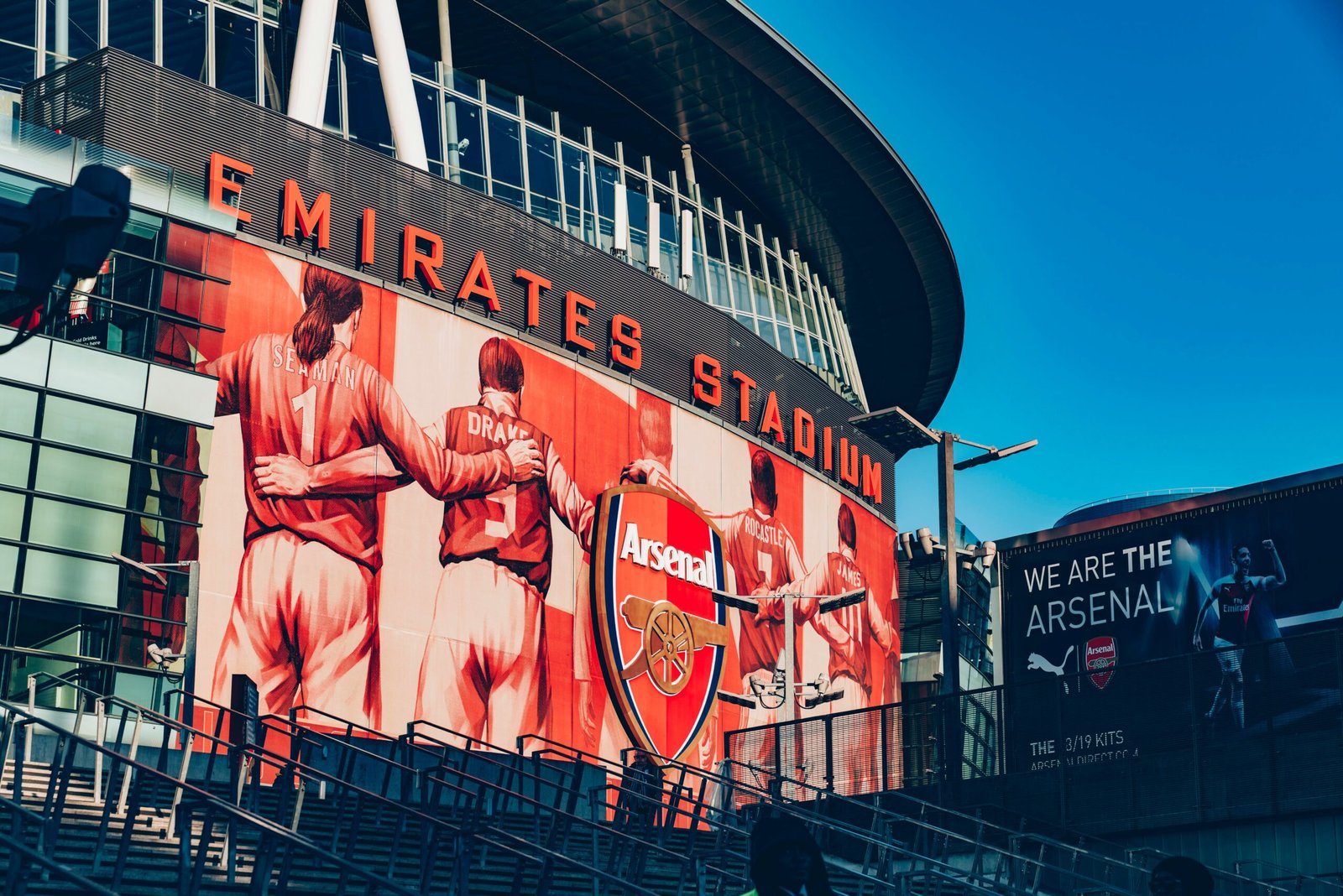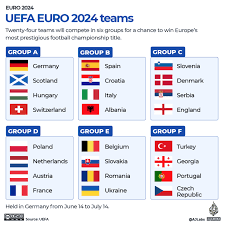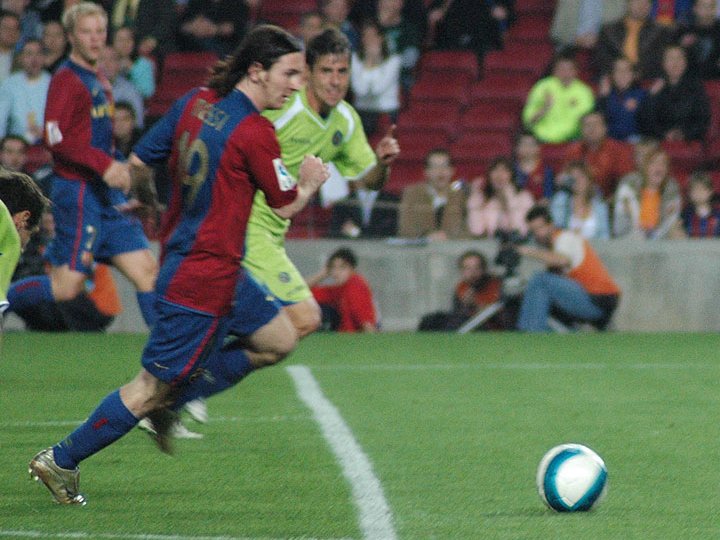Interesting History of Soccer (Association Football)

The Interesting Origin and History of Soccer (Association Football)
Introduction: Unraveling the History of Soccer
Welcome to the fascinating history of soccer, also known as Association Football. This globally beloved sport has captured the hearts of millions, igniting passion and excitement on fields across continents.
In this article, we embark on a journey through time to trace the origin, development, and history of soccer.
From ancient civilizations to organized leagues and iconic tournaments, we will uncover the evolution of soccer, the beautiful game.
The Ancient Origins of Soccer: From Ancient Civilizations to Medieval Times
The history of soccer can be traced back to ancient civilizations, where variations of ball games were played. In China, the game of “Cuju” involved kicking a ball into a net, and it dates back to the Han Dynasty (206 BC – 220 AD).
Similarly, the Mayans and Aztecs played a ball game called “Tlachtli,” which involved using their hips to keep a rubber ball in play.
Fast forward to medieval times in Europe, and we see the emergence of various forms of ball games. One such game, known as “mob football,” was played in England during festivals.
It involved large groups of players attempting to kick a ball towards designated goals. These early ball games laid the foundation for what would eventually become soccer.
The Birth of Modern Soccer: The Cambridge Rules and the Football Association
The birth of modern soccer can be attributed to the establishment of standardized rules. In 1848, a group of students at Cambridge University in England developed the “Cambridge Rules,” which defined the way the game was played.
These rules laid the groundwork for the future development of soccer and influenced the creation of the Football Association (FA) in 1863.
Under the leadership of the FA, the game of soccer began to flourish. The association established a unified set of soccer rules and regulations, marking a significant step forward in the organization of the sport.
This led to the first official soccer competition, the FA Cup, which began in 1871 and continues to be one of the most prestigious tournaments in English football.
Global Expansion: Soccer Spreads Across Continents
As the sport gained popularity in England, it quickly spread across the globe, carried by sailors, travelers, and immigrants.
British colonies and trading ports became hotbeds for the introduction and development of soccer in various regions.
It was during this period that international matches started to take place, with England playing against Scotland in the first official international game in 1872.
The Birth of FIFA
In 1904, the Fédération Internationale de Football Association (FIFA) was founded, providing a global governing body for soccer.
This marked a turning point in the sport’s history, as FIFA worked tirelessly to promote and develop soccer worldwide.
The organization organized the first-ever World Cup in 1930, which brought nations together in a celebration of the beautiful game.
Innovations and Milestones: From Tactics to Technology
Throughout the 20th century, soccer continued to evolve, witnessing various innovations and milestones that shaped the sport we know today.
Tactical strategies, such as “Total Football” introduced by Dutch coach Rinus Michels in the 1970s, revolutionized the way the game was played.
This fluid and attacking style of play captivated soccer fans and inspired future generations of players and coaches.
Impact of Technology On Soccer
Technological advancements have also had a profound impact on soccer. The introduction of video assistant referee (VAR) technology in recent years has brought about significant changes in decision-making.
However, VAR has sparked debates among soccer fans and experts. Additionally, advancements in sports science and training methods have helped players reach new levels of fitness and performance.
The Global Phenomenon: Iconic Tournaments and Legendary Players
Soccer has given rise to some of the most iconic tournaments and legendary players in sporting history.
The FIFA World Cup, held every four years, captures the attention of billions around the world, showcasing the skill, passion, and diversity of the participating nations.
Again, the UEFA Champions League, the pinnacle of European club football, brings together top clubs from across the continent, creating moments of exhilaration and drama.
Over the years, soccer has witnessed the rise of countless superstars who have left an indelible mark on the sport.
From Pelé and Diego Maradona to Cristiano Ronaldo and Lionel Messi, these players have mesmerized fans with their extraordinary skills and achievements, elevating the sport to new heights.
Conclusion: The Ever-Evolving history of Soccer Game
As we conclude our journey through the origin and history of soccer, it becomes clear that the sport has come a long way.
From ancient ball games to organized leagues and global tournaments, soccer has transcended boundaries and united people from all walks of life.
Today, soccer continues to evolve, driven by innovation, passion, and the unwavering love of the game.
In the words of the legendary Pelé, “Success is no accident. It is hard work, perseverance, learning, studying, sacrifice, and most of all, love of what you are doing or learning to do
